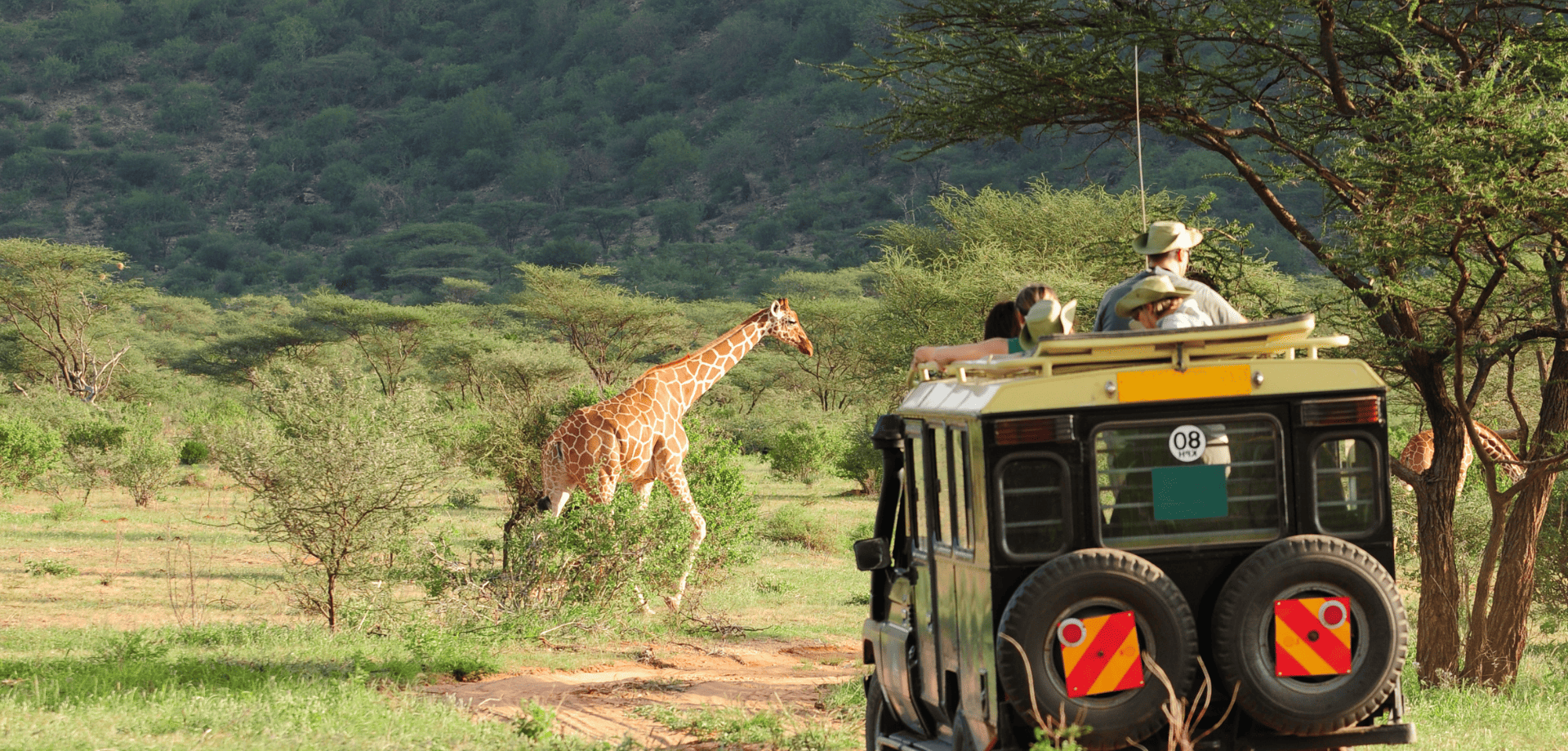Rabies Vaccination
Vaccination against Rabies is one of the most important and life-saving precautions any serious traveller can take.
At the Fleet Street Clinic, rabies vaccination is a top priority. We strongly encourage everyone to be protected if they are travelling to parts of the world where rabies is a risk, and we have vaccinated thousands of travellers over the past three decades.
Animal bites, licks and scratches pose a serious – and potentially fatal – rabies risk in many parts of the world, especially if you will be travelling off the beaten track without fast access to good medical care. The risk is often highest in places where safe vaccines, and correct advice and treatment following exposure, are not easily available.
Animal bites are common when travelling. You can’t always control your risk of being bitten. Many people end up with bites, who would never have dreamed of approaching a street dog or a strange animal abroad. If you are bitten in a country where rabies is present, there is no choice other than to assume that a risk of rabies exists, and to obtain treatment accordingly.
If you’ve not been vaccinated beforehand, the consequences are dangerous, costly and disruptive.
Rabies is a serious viral infection that attacks the central nervous system, causing irreversible damage to the brain and spinal cord. Symptoms can take days to appear, on can be delayed by months or even years. Once symptoms appear, the result is almost certain death. However, rabies is entirely preventable – either by vaccination in advance, or by prompt “post-exposure” immunisation afterwards.
We recommend vaccination for travellers of all ages including children, who are often attracted to pets and whose risk may be difficult for parents to control.
We can also help with rabies post-exposure treatment and advice if you have been bitten while abroad.
Rabies vaccination before you go is a safe and sensible precaution for every serious traveller, and we are experts at it.
How do we protect against rabies?
The best way to prevent rabies is by having a course of vaccinations before you travel.
Pre-exposure vaccination is safe, effective and highly recommended for all travellers heading to risk areas before travel. There is no cure for rabies, so immunisation before you go, followed by post-exposure treatment if you are unlucky enough to be bitten or exposed, is the best way to protect against rabies.
We recommend discussing your travel plans in detail during a travel consultation with one of our expert travel nurses, to help you understand whether your itinerary and any intended activities can be considered to pose a risk. India, Asia and Africa have the highest rate of deaths from rabies each year, most commonly from dog bites (which account for 99% of all cases), although rabies can be present in any mammal.
Rabies virus cannot penetrate intact skin but is transmitted through a bite or scratch that pierces the skin or a lick to an open wound or abrasion. When visiting countries with a rabies risk, it is best to avoid all contact with animals – especially strays, street animals, wild animals including monkeys at “monkey temples”, and especially any animal that appears sick or wounded.
Rabies vaccine offers a high level of protection and simplifies treatment following a bite.
How many vaccine doses will I need?
The pre-exposure vaccine course normally requires 3 doses for complete protection, usually given over 21 days.
A 3-dose course over 21 days is our recommended approach. Rabies vaccine is given as an injection into the upper arm. We routinely give the vaccine using the intra-dermal method, which means that the vaccine is given into the top-most layer of the skin using a very fine needle. This is highly effective while using a lower dose of vaccine to reduce cost and preserve fragile vaccine supplies. Other schedules are also possible.
The vaccination can be given from birth, and is suitable both for adults and children.
Those with time constraints can opt for the accelerated rabies vaccination course, whereby full protection is provided over 7 days. This option is suitable for spontaneous travellers and last-minute business trips to areas of the world where rabies is common. If you’re planning to travel to an area where rabies is found, you should complete the full course of 3 doses before you leave.
BOOK A TRAVEL CONSULTATION ONLINE
* Accelerated course of rabies is currently in limited supply – please call our reception team on +44 20 7353 5678 if you require a rapid vaccination course.
Which travellers should be vaccinated?
Everyone travelling to places where rabies is a risk should be protected.
Rabies occurs throughout the world, particularly in Asia, Africa, and parts of Central and South America. Very few destinations are rabies-free. Before travelling, you should ensure you are aware of the rabies risk at your travel destination. Certain activities can increase your risk of exposure, such as working with animals, cycling, running and motorbike touring.
Travellers who may have contact with wild and domestic animals during their travel should be cautious – animal bites and scratches are common. It is important that travellers visiting areas where rabies occurs are aware of the risk and know what to do if they are bitten or scratched. Dogs are the cause of most rabies infections in people. However, all animals can catch rabies and pass it on, including cats, monkeys and bats.
Book a travel consultation with one of our travel nurses prior to travel, for expert advice on whether you require the rabies vaccine for your upcoming travel plans.
Rabies is untreatable, and correct treatment following a bite can be difficult to obtain, especially in the places with highest risk.
This is why everyone planning to travel or work in areas where rabies is present should consider pre-exposure vaccination. This is especially important for anyone visiting remote areas, where medical care, safe and effective vaccines, and rabies post-exposure treatment may not be available.

Street dogs roam widely in some of the most interesting countries to visit
It can be hard to avoid all contact with animals abroad
Keep your distance from all animals whether they appear aggressive or docile, and never handle a sick animal - the risks are too high. Any mammal can spread rabies, including dog, cats, monkeys and bats, and every bite, scratch or lick can pose a risk.
What is rabies?
Rabies is a serious viral infection spread by animal bites, that attacks the brain and nervous system.
Rabies is spread to people by contact with saliva from an infected wild or domestic animal, usually through a bite, scratch or a lick to broken skin.
You can catch rabies from an infected animal if you have not been vaccinated. Dog bites account for 99% of rabies cases, but all animals can catch rabies and pass it on, including cats, monkeys and bats. Rabies is dangerous because there is no cure and once symptoms develop, it is nearly always fatal. Travellers should always be aware of the risk and take precautions when travelling to countries where rabies is present.
What are the symptoms of rabies?
The first symptoms of rabies can appear from a few days up to more than a year after the bite happens.
Initial symptoms of rabies include fever with pain and unusual or unexplained tingling, pricking, or burning sensation (paraesthesia) at the wound site. As the virus spreads to the central nervous system, progressive and fatal inflammation of the brain and spinal cord develops.
Once symptoms of the disease develop, rabies is uniformly fatal. These include:
- Fever/ Headache
- Tingling/ burning at the site of bite or scratch
- Fatigue
- Sore/ swollen throat
- Nausea/ vomiting/ diarrhoea
- Intolerance to noise, bright light or air
- Fear of impending death
- Anger, irritability and depression
What is post-exposure prophylaxis?
Immunisation against rabies following a bite or other possible exposure is called rabies “post-exposure prophylaxis”. If PEP is given correctly, rabies is entirely avoidable.
If you have not been vaccinated against rabies previously, immediate protection can be provided by an injection of rabies antibodies. This can be provided as a blood product called rabies immunoglobulin (RIG). The safest form of RIG is made from purified human blood (HRIG), which is expensive and scarce. In some countries RIG is either not available at all, or is made from animal serum instead, which carries a high risk of allergic reactions. If you have a bite requiring RIG, you may need to travel urgently to a specialist centre, or to come home immediately to obtain treatment. Together with RIG, previously unvaccinated people require a rapid course (5 doses) of rabies vaccine, to induce lasting immune protection. A further problem arises in that rabies vaccines in some countries can be unsafe, ineffective or unavailable.
Post-exposure prophylaxis with RIG and good quality vaccine is highly effective.
By contrast, if you have had documented pre-exposure vaccination at any time in the past, RIG is not needed. (Always travel with a copy or photo of your vaccine records to help inform any action.) Even if you don’t need RIG, however, further rabies vaccine doses are needed as soon as possible to boost your protection.
Wound care following a bite is also important, to flush out any virus present. Animal bites carry a risk of tetanus, and of infection, so tetanus immunisation and preventive antibiotic treatment may also be needed.
Can you help with post-exposure Prophylaxis?
If you have been bitten abroad, we can help on your return home.
We are happy to help with advice following a bite. We can help you obtain RIG and are happy to administer this and provide post-exposure vaccination.
FAQs
In countries where rabies is present, all animal bites, licks or scratches require the rabies risk to be considered with care.
Anyone exposed should immediately wash the wound for 10-15 minutes with soap and running water, or iodine, or alcohol. Do not cover the wound. If the rabies virus is present, this will inactivate and wash out a lot of the virus.
Post-exposure rabies prophylaxis (PEP) is compulsory if you are bitten by a dog, cat or other animal that could potentially be rabid or is suspected to be infected with rabies.
It is important to seek medical care and post-exposure vaccination urgently. Even after having the pre-exposure rabies vaccine, you must seek medical care in the event of an animal bite.
Yes, once symptoms of rabies develop, it is almost uniformly fatal, with no specific treatment available. There is almost nothing that can be done apart from keeping the patient sedated and as comfortable as possible.
On the other hand, nobody who has been vaccinated or received correct post-exposure treatment has died.
No. All rabies vaccines for humans are inactivated. It is not possible for the rabies vaccination to cause the disease.
The vaccine can cause mild symptoms such as pain, redness, irritation or swelling at the site of injection, sometimes accompanied by a headache and/ or a raised temperature. However, rabies vaccination is extremely safe.
Yes. All modern rabies vaccines are inactivated and are safe for pregnant women or lactating mothers. The rabies virus is not known to cross the placental barrier in women. It has no effect on foetal development during pregnancy or breastfed infants during lactation.
There are no evidence-based reports of human rabies occurring due to consumption of milk. Individuals or professionals who slaughter rabies infected animals and handle brain and other infected material may be at risk, but there are no human cases due to consumption of cooked meat. However, it is not advisable to consume milk or meat from rabid animals.
We will discuss your travel plans in detail, so a copy of your travel itinerary including proposed dates of travel, destination(s) you’re travelling to and length of your stay are all helpful details for our nurses. We’ll also discuss your health so information about your vaccination history to date is useful, as well as any medication you are currently taking.
Vaccination is normally given in the upper arm, so you should wear loose comfortable clothing or short sleeves for ease of access.










